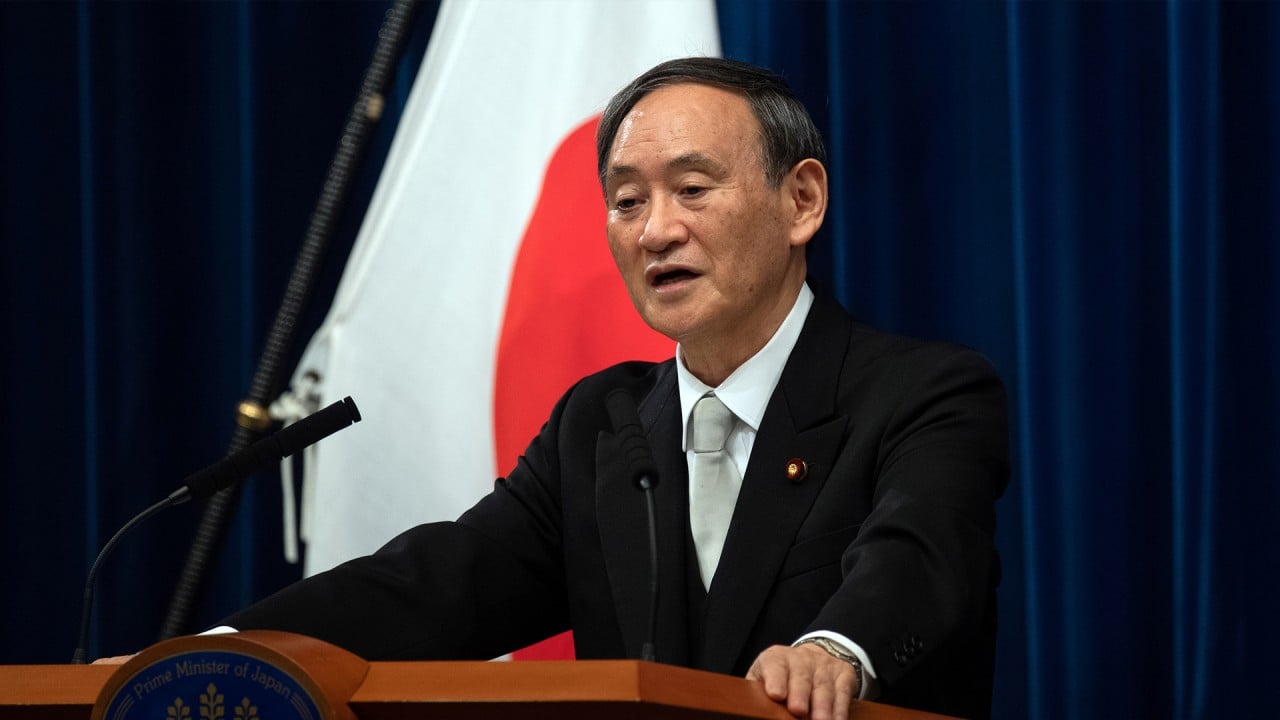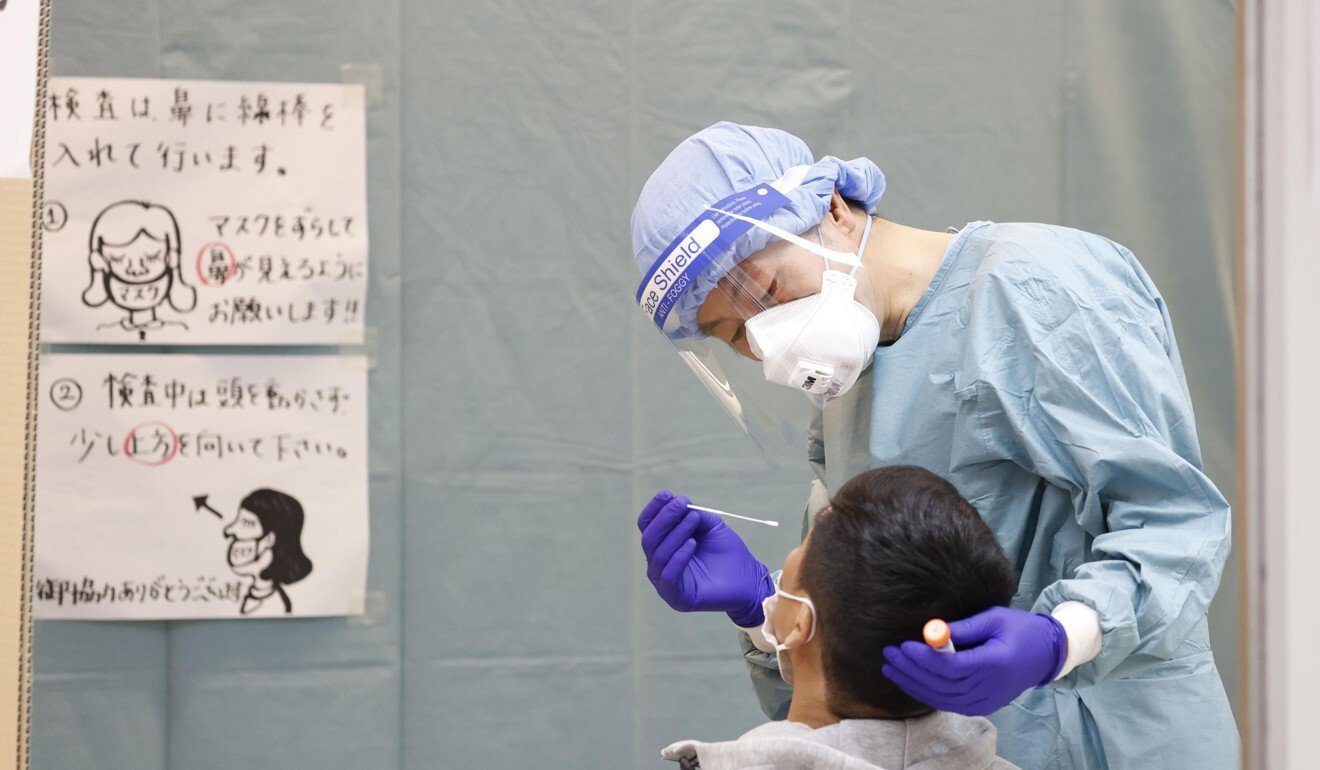
Japan is resuming flights to China, and reopening its borders – but not to tourists
- The East Asian nation is looking to allow in up 1,000 business travellers, tertiary students and long-term foreign residents a day from next month
- The decision is seen as a test run for a wider reopening ahead of next year’s Tokyo Olympics, though tourist arrivals are still a long way off
“We restarted our China flights with the Dalian route, initially with one flight a week, but that is now up to three times a week,” spokesman Mark Morimoto said. “The Chinese authorities said we could introduce another flight a week, although not to Beijing or Shanghai, which are our most important China routes. So we selected Guangzhou.”
JAL flew daily to the city before the pandemic, but the airline is presently operating just 14 per cent of its international routes and has just 2 per cent of its passenger count from a year ago. Morimoto said it was faring better domestically, with load factors of between 60 per cent and 70 per cent.
The Japanese government’s decision has been welcomed by the travel industry, and there are hopes that the daily limit of 1,000 arrivals can be gradually increased as conditions improve.

02:11
Japan’s new PM Yoshihide Suga inherits economic woes, Tokyo Olympics challenge
Medical experts and people participating in cultural activities will also be allowed in under the new rules, but epidemiologists warn that without the discovery of a Covid-19 vaccine, there is very little likelihood of tourists being permitted into Japan until well into next year – raising new questions over the Olympics.
The government is planning to step up its virus-testing capacity at ports of entry, although it is likely that new arrivals will still be expected to have tested negative for Covid-19 before arriving in Japan.
Ashley Harvey, general manager of destination management firm Aviareps Japan, suggested that a lot of the government’s actions were “just optics” as it was determined to push ahead with hosting the Olympic Games next summer.
“This is all leading up to the Olympics going ahead, even if they have to do it with a sharply reduced number of spectators in the venues,” he said.
“Even if people cannot get into these places in large numbers, the television cameras will still be there and the advertisers will still get their coverage, while Japan will look at the entire occasion as an opportunity to showcase the country to billions of viewers around the world and get the message across that if even if they could not get to Japan this year, then they should make plans to visit in 2022.”
Tokyo demonstrated its determination for the Olympics to go ahead with the Wednesday announcement that Japan will permit foreign athletes to compete next summer even if they are within the mandatory two-week quarantine period. The advisory panel making the announcement said a system needed to be created to permit athletes to train, receive treatment and compete even while they were meant to be self-isolating.

Thomas Bach, the president of the International Olympic Committee, has thrown his support behind the campaign, on Wednesday saying that major sporting events have been organised and held safely in recent weeks despite no vaccine being developed.
He said the positive response to these events “clearly demonstrates that not only athletes and sports organisations, but also the public at large, have been longing for the return of sport as an integral part of our lives”.
Yoko Tsukamoto, a professor of infection control at the Health Sciences University of Hokkaido, said the government’s policy of gradually opening up to foreign arrivals was “the most appropriate course of action”. However, she expressed reservations about opening up too fast given that the polymerase chain reaction (PCR) tests conducted at points of arrival were only approximately 70 per cent accurate.
“I still believe we need to have the two-week quarantine period in place, but that is going to make it difficult to reopen to tourists soon,” Tsukamoto said. “It is clear that the government wants to start opening up because of the Olympics, but it’s a very difficult decision to make because of the timing.
“It worries me that the IOC says it is OK to go ahead with the Games even without a vaccine because even that will not prevent people getting infected. We still have to take all the precautions available because we do not have a cure.”

